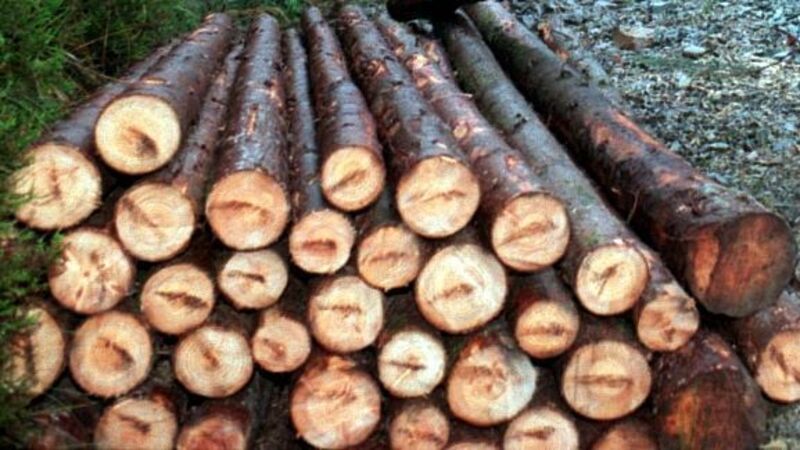Coillte sprays tonne of disputed chemical

State forestry body Coillte sprays more than a tonne of the weedkiller glyphosate each year on its forests and recreational amenity areas, according to new figures.
Try from €1.50 / week
SUBSCRIBEBy Darragh Murphy
State forestry body Coillte sprays more than a tonne of the weedkiller glyphosate each year on its forests and recreational amenity areas, according to new figures.
Already a subscriber? Sign in
You have reached your article limit.
Annual €130 €80
Best value
Monthly €12€6 / month
Introductory offers for new customers. Annual billed once for first year. Renews at €130. Monthly initial discount (first 3 months) billed monthly, then €12 a month. Ts&Cs apply.
CONNECT WITH US TODAY
Be the first to know the latest news and updates
Newsletter
Keep up with stories of the day with our lunchtime news wrap and important breaking news alerts.
Monday, February 9, 2026 - 5:00 PM
Monday, February 9, 2026 - 7:00 PM
Monday, February 9, 2026 - 8:00 PM
© Examiner Echo Group Limited